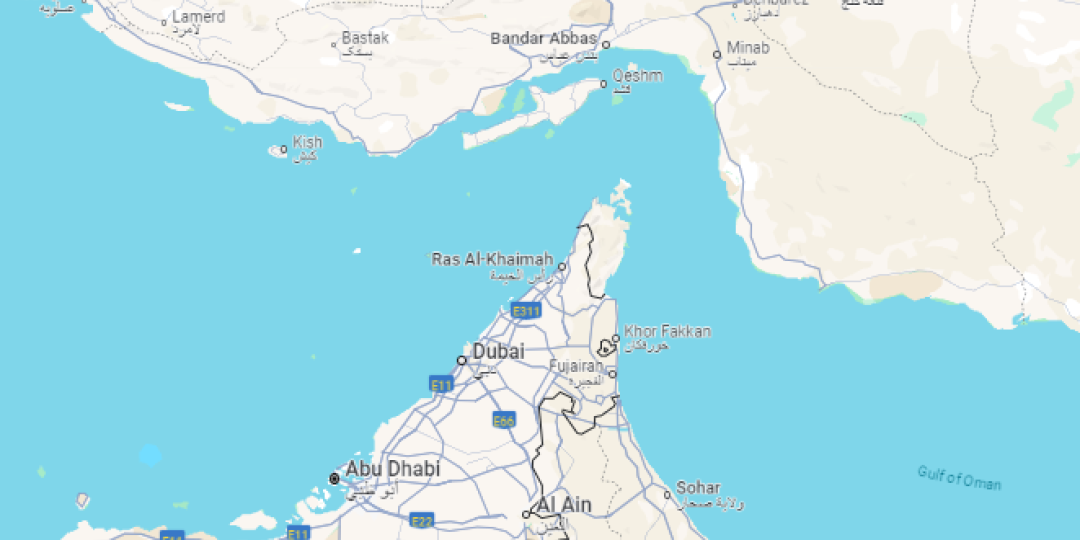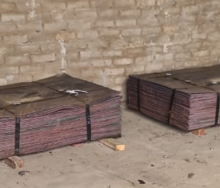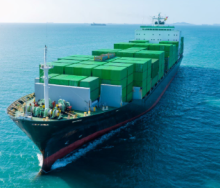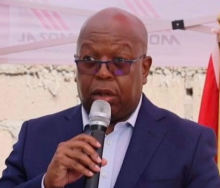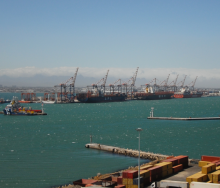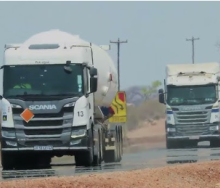Global markets and oil prices responded with a 5% increase in a matter of minutes to news out of the US on Friday morning that the Biden Administration was “in discussion” with the Israeli government over possibly supporting a retaliatory strike against Iran.
This after the government of Benjamin Netanyahu said Israel might target Iran’s oil production facilities after facing a barrage of almost 200 ballistic missiles fired at Tel Aviv on Tuesday evening, most of which were shot down by Israel’s Iron Dome defensive system.
Reporting for the BBC, the broadcaster’s economics editor, Faisal Islam, said although other oil producers could take up the immediate shortfall if Iran’s crude output was compromised, “the real threat lies elsewhere”.
He said the current path of spiralling hostilities in the Middle East begged the question – what would Iran do?
This, Faisal said, after it had emerged that Iran’s Supreme Leader, Ayatollah Ali Khamenei, had addressed the nation by way of a sermon, the first time he had done so in five years.
Islam said that of geopolitical importance at the moment was Iran’s position in relation to the Persian Gulf and Gulf of Oman, an import oil trade sea way separated by the Strait of Hormuz which separates Iran from the UAE and Oman by 28 nautical miles (51.8 kilometres).
“Through that Strait, which is obviously close to Iran’s military assets, roughly a third of traded oil transits. A fifth of all oil production goes through that Strait from the rest of the Persian Gulf, not just Iran.”
He said it included about a fifth of the world’s liquefied natural gas cargo, which had been on the increase because of Russia straining gas supply to Europe over the EU’s support for Ukraine.
Islam said the escalation of a wider regional war in the Middle East, which until recently was feared but seemed unlikely, now all of a sudden seemed very plausible.
What would it mean to South Africa if Israel bombed Iran’s oil production industry?
With the hostilities coming on the back of a fifth consecutive fuel price decrease for South Africa, an Israeli-Iran war will most likely bring a halt to the current trajectory of the local fuel price.
South Africa relies significantly on crude oil imports, with Iran being one of the key contributors.
Historically, Iran has been South Africa's fourth-largest supplier of crude oil. Based on recent reports, approximately 34% of South Africa's crude oil imports have come from Iran, making it a major player in the country's oil supply chain, despite ongoing sanctions against Iran that have affected the trade dynamic.
